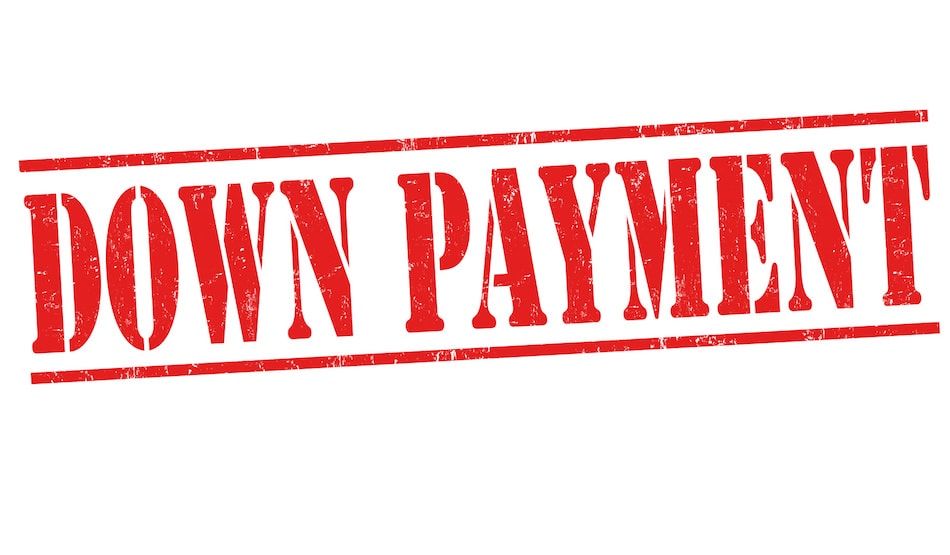Buying a Home? Important Down Payment Information for Today's Home Buyers
Posted by Justin Havre on Friday, June 30th, 2017 at 8:12am.
 Buying a home can be an excellent investment for building financial wealth, as well as one of the most cost-effective ways of providing the best possible housing solution. Unlike renting, home ownership offers individuals, couples, and families freedom from worry about rising lease rates or stress from dealing with less than optimal property management situations. Tenants and others who are considering making the leap to home ownership often have questions, especially about the down payment, how it is used in the loan process, and how much money they will need to have saved before moving ahead to purchase a home.
Buying a home can be an excellent investment for building financial wealth, as well as one of the most cost-effective ways of providing the best possible housing solution. Unlike renting, home ownership offers individuals, couples, and families freedom from worry about rising lease rates or stress from dealing with less than optimal property management situations. Tenants and others who are considering making the leap to home ownership often have questions, especially about the down payment, how it is used in the loan process, and how much money they will need to have saved before moving ahead to purchase a home.
Understanding the Down Payment Process
The amount of money buyers put down on a home purchase is deducted from the total cost of the home, with the remainder being covered by a home mortgage. Common down payment amounts for buyers are:
- 5% of the purchase price on home purchases of $500,000 or less
- 5% of the first $500,000 plus 10% of any portion of the price in excess of the first $500,000 on home purchases from $500,000 to $1,000,000
- 20% of the purchase amount on home purchases in excess of $1,000,000
While these figures are the minimum standards used throughout the Canadian residential real estate market, there can be instances where higher down payment amounts are required. In general, home buyers who are self-employed, or those who have insufficient or marred credit histories can expect to be required to pay a significantly larger down payment when buying a home.
Using the Home Buyers' Plan for Down Payment Funds
Canadian citizens planning to buy a home may be able to use the Home Buyers' Plan to help them meet their down payment requirements. A benefit of the Registered Retirement Savings Plan (RRSP), qualified parties can withdraw the amount they need for their down payment - up to $25,000 - from their RRSP. Buyers who choose this option must be aware that:
- withdrawing these funds directly impact retirement savings, especially if the total amount cannot be repaid as agreed
- failing to repay the amount as required can create a situation in which they will incur a higher income tax burden
- using retirement funds in this manner means failing to realize any growth potential on the savings account while the money is withdrawn
Before choosing to use the Home Buyers' Plan to fund the down payment on a home, buyers should take time to learn more about the process and how it might affect them.
The Affect of Mortgage Loan Insurance
Mortgage lenders rely on mortgage loan insurance for protection when borrowers default on their home loans. This is why borrowers who fail to put at least 20% down on their purchase are required to have mortgage loan insurance.
In addition, borrowers who are considered to be higher credit risks may also have to carry mortgage loan insurance, even if they have already put a full 20% down on the home they are purchasing. Buyers who make the choice to put down at least 20% have the potential to save thousands of dollars in mortgage loan insurance premiums. However, it's worth noting that not all situations are the same, and some buyers may prefer to grab real estate sooner rather than later with a smaller down payment. For example: If a buyer thinks that a Bayside listing is just perfect for their needs, and prices are forecasted to rise, they may feel more comfortable securing the home now.
Making a large down payment is usually the most cost effective way for home buyers to save unnecessary expenses on the purchase of a home. To find out more about your specific home buying situation and help determine how much of down payment is needed, buyers should discuss their situation carefully with their lender well before beginning their home search.
In addition to offering timely advice, an experienced real estate agent can help buyers find a reputable mortgage lender as well as the answers they need to other questions about the home buying process.
